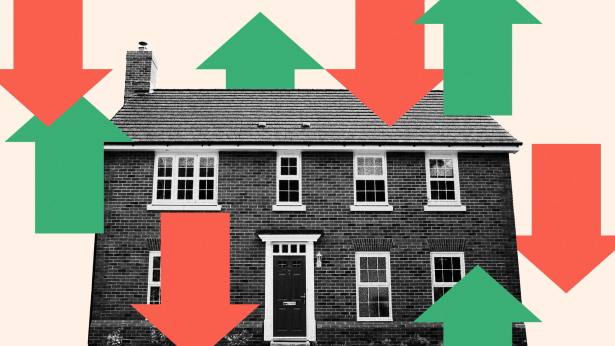
Buy-to-let property as an investment was once very popular in the UK as it offered the potential for steady rental income and capital appreciation.
However, changes to the tax system including the withdrawal of mortgage interest relief and additional stamp duty have made it less appealing.
As Paul Fryers, managing director of Zephyr Homeloans, explains, rules around tax vary according to whether the property is in England, Scotland or Wales.
Landlords must typically pay property tax when the property is over a certain price, and most landlords must pay tax on any rental profits as well as a capital gains tax when they sell the property.
There are also varying rules according to whether the landlord uses a limited company to run their BTL property business or whether they are renting out holiday accommodation in the UK.
When the BTL market started seriously in 1996, as explained by Nicholas Mendes, mortgage technical manager at John Charcol, it was treated for income tax purposes like any other business in that all legitimate expenses could be set off against income before arriving at a taxable profit.
From 2017, for properties owned by one or more humans rather than a company, the proportion of interest costs that could be set off against rental income was steadily reduced.
Now landlords only receive a 20 per cent tax relief (tax credits) on mortgage interest payments, regardless of the marginal tax rate.
Mendes explains further that as mortgage rates increase, the impact of this change becomes even greater because a higher proportion of BTL investors' costs are not tax deductible.
He adds: “This a double whammy for BTL investors with a mortgage, as not only do their costs increase but the proportion of these costs that can be offset against tax reduces.”
Rental income
The withdrawal of tax relief on mortgage interest payments, meaning landlords are now only able to claim basic rate tax up to 20 per cent on property finance costs, has been felt heavily, particularly by those who are higher rate taxpayers, says Karen Noye, mortgage expert at Quilter.
Rental income is taxed like income so if you are a basic rate taxpayer you would pay 20 per cent, but if you are a higher rate payer or if your rental income pushes you up to a higher rate, then you will pay a 40 per cent rate of tax.
This, Noye says, could impact benefits such as child benefit and also push up the amount of capital gains tax due on a property. CGT allowance reductions will be another big consideration for landlords, particularly if they find themselves in a position where they have to sell.
She adds: “The majority of BTL lenders base the mortgage amount on rental income, though there are a few lenders who offer what is known as ‘top slicing’, meaning they will consider the applicant's income to support the mortgage application where the rental income does not meet the mortgage amount requirements if within certain criteria."






